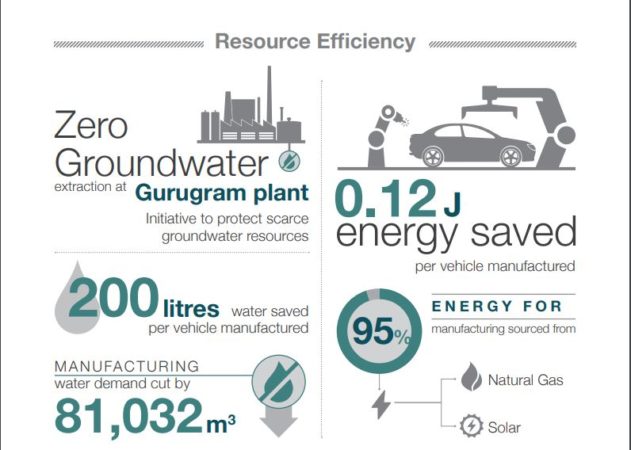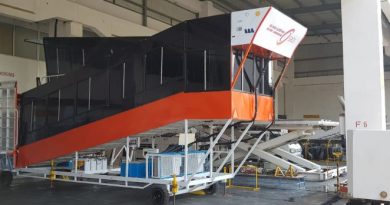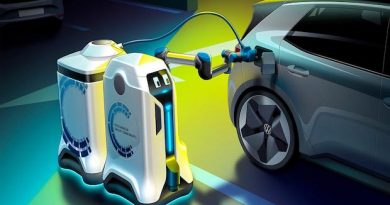CSR Maruti Suzuki

In the second edition of our company profiles when it comes to their CSR spends and approach to sustainability, we take a look at Maruti Suzuki the largest automotive firm by far in India. In fact, India today has become the engine running the global firm, be it profits or market share. With manufacturing plants in North and West India, besides vehicles that are squarely focused on the mass and more affluent markets, you would think Maruti Suzuki would be doing a lot with its CSR and sustainability efforts. Let’s find out.
With close to 50% of the market space of the total number of passenger vehicles sold Maruti Suzuki ’s net profit rose to by 36.8% in FY16-17 and its CSR spending rose by 14% (from Rs.784.6 million in FY2015-16 to Rs.894.5 million in FY2016-17).
Maruti Suzuki focuses its CSR projects on community development, skill enhancement and road safety. Even though Maruti doesn’t explicitly have sustainability/environmental development as a CSR focus group, a few of its CSR projects do fall in the area of sustainability. Moreover, Maruti Suzuki invests in making its company sustainable, but we’ll expand more on this later. With 24 villages around its facilities adopted for community development, most of the CSR work is seen in these areas.
School infrastructure up gradation: The Company has invested in constructing toilet blocks for boys and girls with guaranteed privacy and convenience, stopping many from rushing home to relieve themselves. While the following falls under education, the lack of basic sanitation facilities in our country is a big sustainability problem.
Water Sanitation: A dedicated team is deployed to work closely with village panchayats to improve water and sanitation conditions. The company claims that the overall standards of sanitation and hygiene have improved with the laying of the 21.3km sewer lines in 6 villages and improvement of drainage systems. Aligning itself with the Government’s Swachh Bharat Abhiyan, the company is involved in the construction of 2607 individual household toilets and management of solid and liquid waste by deploying 9 waste collection vans. Moreover, Maruti Suzuki is involved in building overhead water tanks and installing water ATM technology at four locations in order to provide people with safe drinking water.
When asked about the individual breakdown of the company’s investments in the above-mentioned projects, the company refused to respond.
Even though Maruti Suzuki’s CSR investment in sustainability may not seem like a lot. Maruti invests heavily in making its manufacturing unit and office sustainable. This investment is not taken to be a part of their CSR initiative; a lot of companies’ now days are taking the route of improving their own facilities in order to succeed in the sustainability race.
At Maruti Suzuki electricity is generated in-house through the natural gas-based captive power plants at their Gurgaon and Manesar locations. These power plants provide stable and regular electricity for manufacturing operations. Furthermore, the company uses canal water for a majority of its manufacturing processes; this helps in conserving groundwater. Of course, located as it is in a water stressed zone now, does mean that the company will find itself in the glare of inspection when it comes to its water-related policies. Haryana is among the states with the highest ‘abuse’ of groundwater resources, and Maruti Suzuki clearly understands that with its focus on water conservation.

credit:marutistoragenew (Sustainability Report: Maruti Suzuki 2016-17)
All Maruti Suzuki sites have zero-waste water discharge facilities.The Company sends its hazardous waste to the cement industry for co-processing; this has reduced the need for incineration and landfilling. The saleable solid wastes such as metal scrap and glass waste are sold to recyclers and re-users and the e-waste is disposed of through authorised recyclers only.
In a nod to the future and the government’s push for electric vehicles, Maruti Suzuki, along with Toshiba and Denso is working on a Lithium-Ion battery manufacturing plant in India.
The company also claims that 87% of local tier 1 suppliers are located within a 100 Km radius of operating facilities. 100% of suppliers have signed green procurement guidelines.
Thanks to its gas plants and some solar installations, 95% energy for manufacturing sourced from Gas, Solar.
With vehicular emissions as a major issue with the auto category, Maruti Suzuki highlights the fact that in 2016-17, it sold 763251 vehicles fitted with alternative fuels like CNG, LPG and Smart Hybrid Passenger Vehicles (SHPV), helping save the equivalent of 696,000 tonnes of CO2 emissions.
Conclusion: By virtue of its leadership, Maruti Suzuki faces the challenge of setting the direction for the auto industry in India towards a future with successively lower emissions intensity. While the firm has made a name for its fuel-efficient, small cars, which mitigates the impact of the sheer number of cars being sold today, we believe the firm needs to take a much harder look at areas like Air Pollution, and Water management, where it has taken tentative steps. We certainly look forward to an on the ground report on the firms’ many steps so far, and in due time, hope to bring you a detailed look at the hits and misses from there too.
copyright:iamrenew.com




